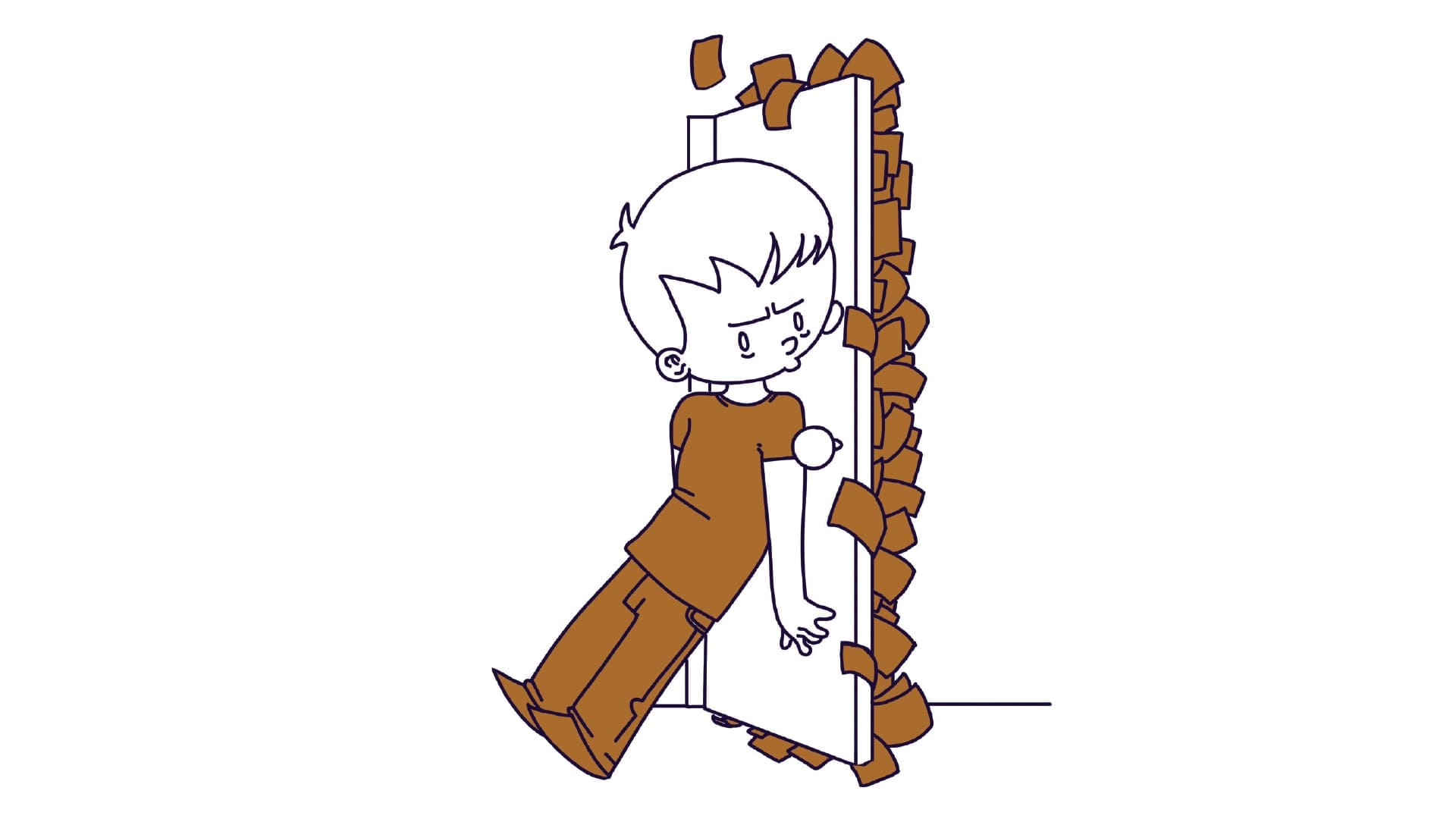Rent Arrears Become an Issue as the Cost-of-Living Crisis Bites
New data released by Tenancy Services for quarter 4 in 2022 highlights that tenants defaulting on rent payments is becoming increasingly problematic. Out of the 4,387 landlord applications made to the Tenancy Tribunal in Q4 2022, over 75% of these applications were for rent arrears. Step back to the same period in 2021; landlords only made 2,900 applications to the Tenancy Tribunal – 72% were for rent arrears. This is a significant increase.
As the cost of living impacts us all, many landlords will likely want more rent to cover increased costs, such as climbing interest rates. The issue here is that more pressure will also be placed on tenants. If New Zealand goes into recession and we see a slowdown in the economy, unemployment could increase. Along with rising costs in power, fuel, and groceries, there is an increasing probability that we will continue to see tenants defaulting on rents.
What strategies can landlords adopt when dealing with such issues?
If a tenant defaults on rent payments, you must act quickly and decisively. Ensure that you regularly monitor rent payments so that if the tenant does fall behind, you can make contact immediately. Being firm, fair, and empathetic to their situation is essential. I recommend using communication such as ‘we haven’t received your rent payment’ rather than an allegation such as ‘you haven’t paid your rent’. The latter is an accusation and overtly aggressive. By stating that you haven’t received rent, you are making an observation and allowing your tenant the opportunity to explain.
While Property Brokers works on a zero-tolerance policy, this does not mean we want to evict people; instead, our policy decides when to act, not the Property Manager.
All tenants are notified of the breach with a 14-day notice within five working days of the missed payment.
The Tenancy Tribunal application must be lodged by the seventh working day.
A process ensuring our landlords’ protection is then started. Waiting for a date with the Tribunal can take up to six weeks. If you leave your application too late, tenants may accrue a debt so large that they cannot pay it off. Then, when the tenancy is terminated, the prospect of getting the property returned in a reasonably clean condition is unlikely.
By applying to the Tribunal early, you:
Have greater control of the situation.
Can arrange with the tenant before the debt becomes too big.
Can write up your arrangement on a mediated order using the Tenancy Services meditation service.
Can obtain a consequential clause that means the tenancy can end if the tenant dishonours the agreement.
Once sealed by a Tenancy Tribunal adjudicator, the mediated order is an official order of the Tribunal and can be enforced.
I suggest landlords be realistic regarding what a tenant can pay extra on top of their rent. Listen to the tenant and ascertain what they can afford to pay to clear the debt. If you are too demanding, the tenant will once again default. If you are too lenient, you could wait months for the tenant to clear their arrears.
Ensure all communication is clearly documented, so all parties fully understand what has been negotiated. And finally, keep your emotions in check. The chances of resolving the dispute amicably reduce the minute you lose your temper.
David Faulkner is the General Manager of Property Management at Property Brokers.
Renovations
Renovations that improve a home’s value
Property Investment
A comprehensive guide for property owners and investors
Property Management
Avoid risky tenants and maximise your portfolio
Renovations
Renovations to maximise your rental return





